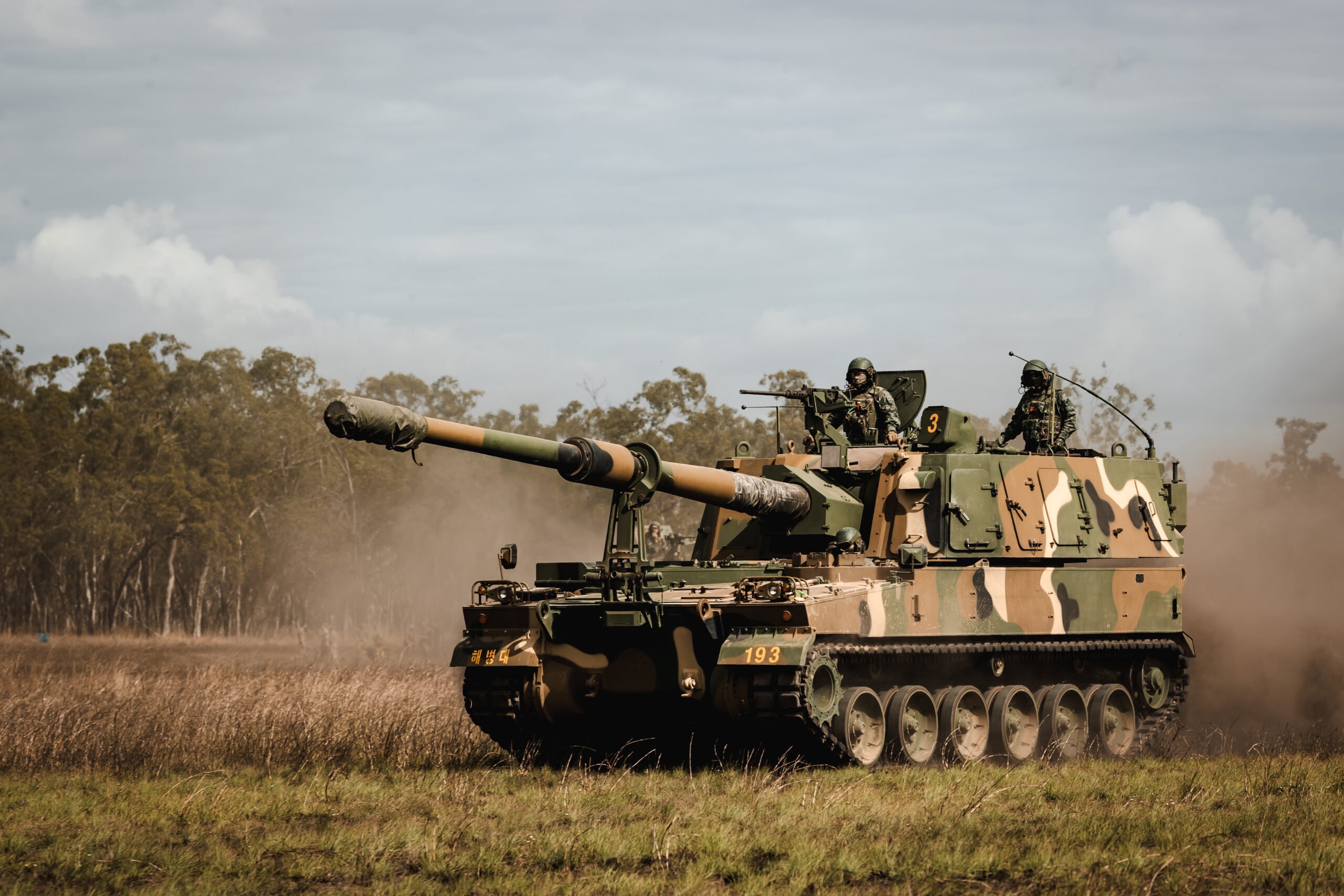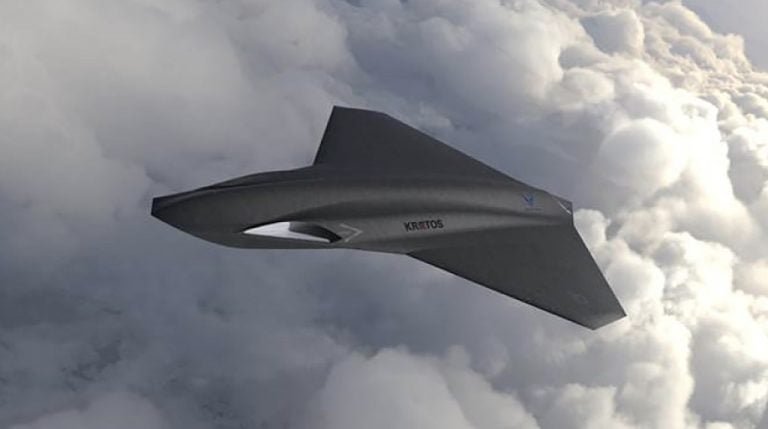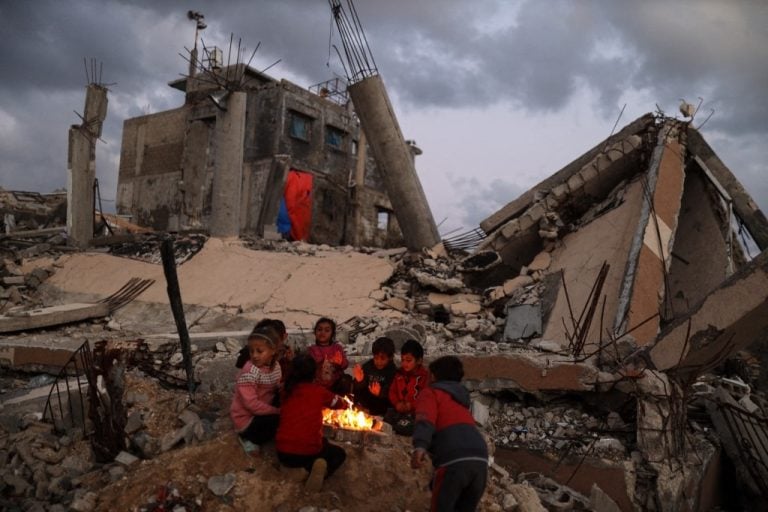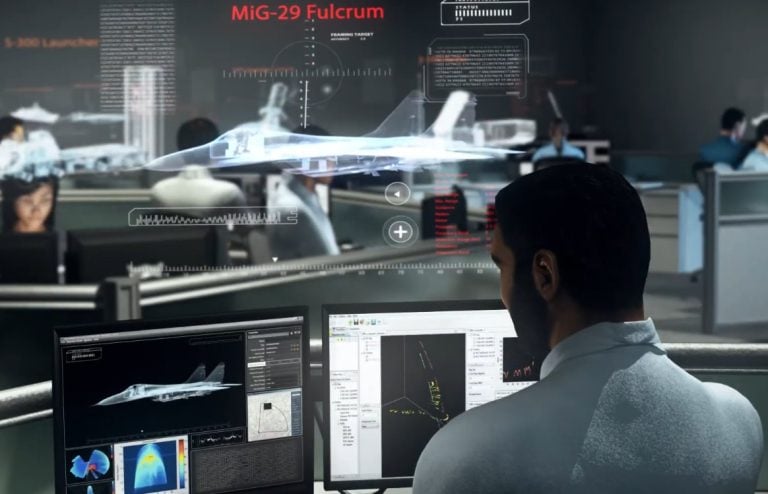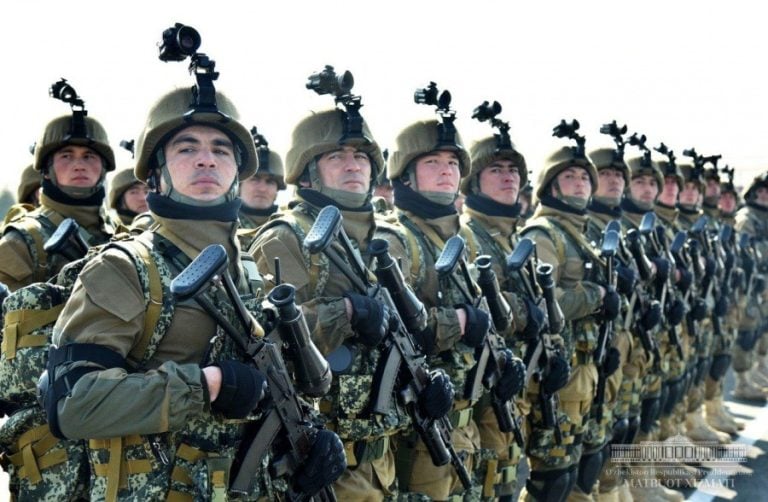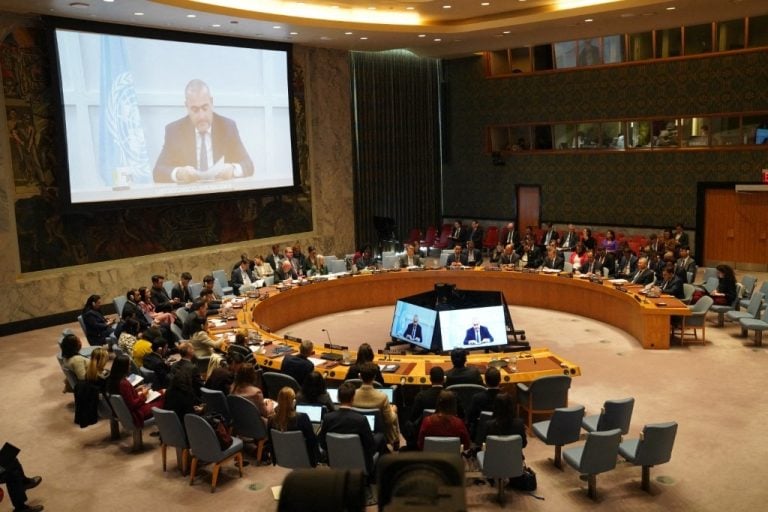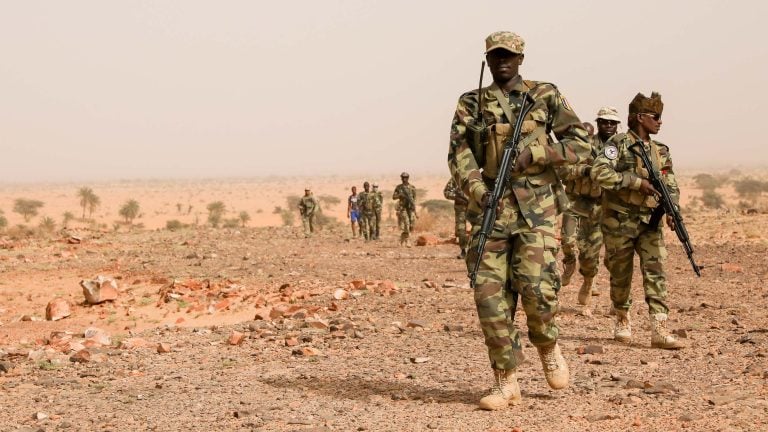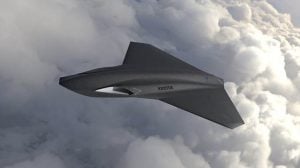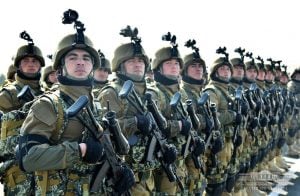South Korea’s Hanwha Aerospace has recently entered into a landmark export agreement with Vietnam for the supply of K9 self-propelled howitzers, marking the first arms export between the two countries. This development comes on the heels of earlier donations of decommissioned patrol ships from South Korea to Vietnam.
Under a substantial government-to-government deal valued at $250 million, Hanwha is set to deliver 20 K9 units to Vietnam, as reported by Yonhap News Agency. The logistics of the delivery will be coordinated through the Korea Trade-Investment Promotion Agency, a state-owned entity, with the completion of the deal anticipated by late 2025.
The K9 howitzer’s acquisition follows a recent state visit by Vietnamese President To Lam to Seoul, where both nations expressed their commitment to enhancing cooperation across various sectors. With this procurement, Vietnam becomes the 11th nation to utilize the 155mm tracked howitzer, joining a list of established customers that includes India, Australia, Romania, Poland, Finland, Turkey, Egypt, Estonia, Norway, and South Korea.
Historically, Vietnam has maintained strong defense ties with Russia, obtaining approximately 80 percent of its military equipment from Moscow between 2000 and 2023, according to the Stockholm International Peace Research Institute. The K9 howitzer stands out due to its impressive combination of firepower and mobility. With a price tag of $12 million, it can reach speeds of 67 kilometers (41 miles) per hour, covering distances of up to 360 kilometers (223 miles), while effectively firing high-explosive or guided projectiles at ranges of up to 50 kilometers (31 miles).
Experts point out that arms exports are typically directed towards allies or friendly nations to promote high-level security cooperation, including interoperability and joint operations. Ban Kil-joo, the director of the Center for Geopolitical Studies at the Seoul-based Institute of Foreign Affairs and National Security, highlighted the challenges of security cooperation with countries like Vietnam, which is governed by a communist regime. However, he noted that weapon systems with low interoperability requirements, such as the K9, can still be successfully exported despite these complications.
This agreement not only signifies a strengthening of defense ties between South Korea and Vietnam but also reflects a broader trend of military diversification among Asian nations as they seek to modernize their armed forces.
